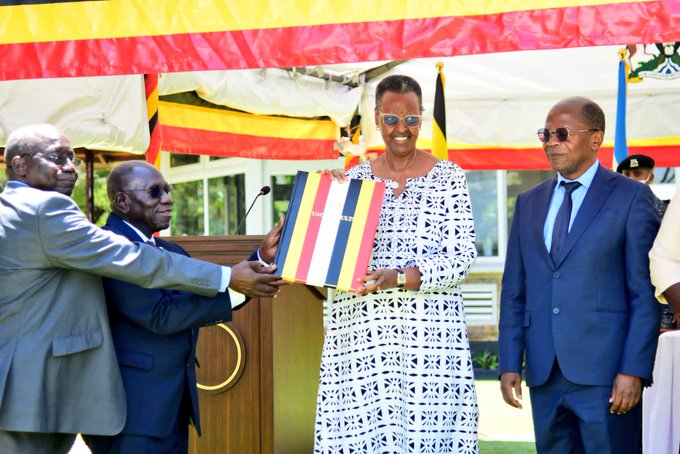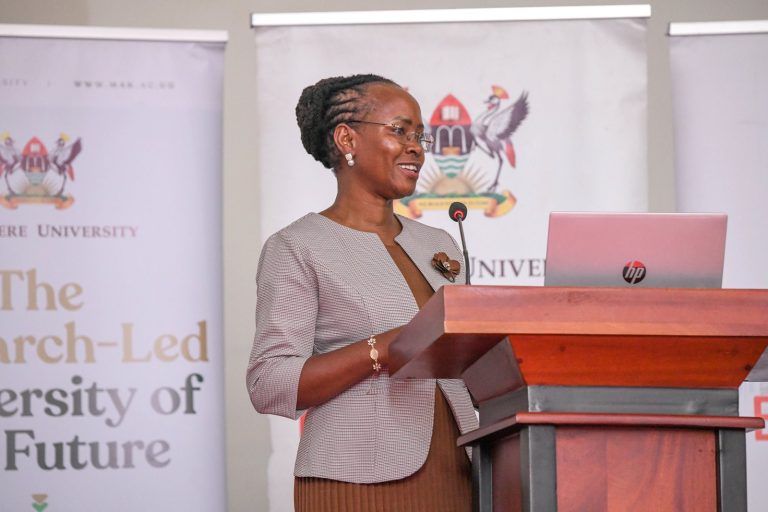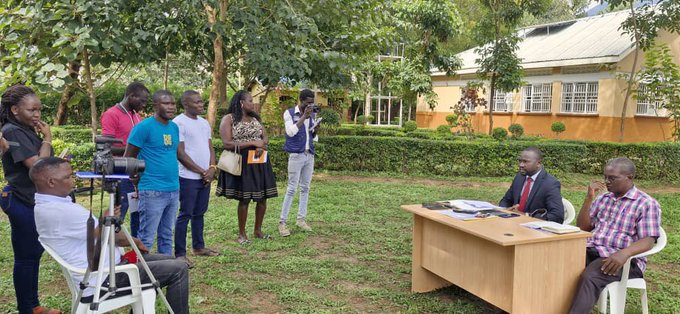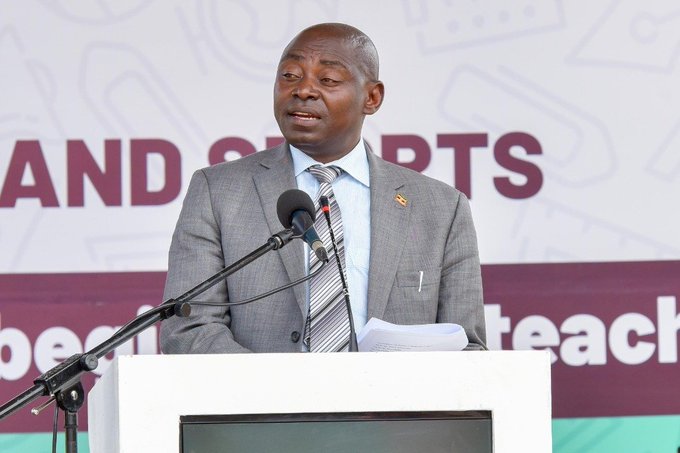Girls performed better than boys in UACE 2023-UNEB
A total of 110,553 candidates registered for the 2023 UACE examination from 2,102 centres compared to 97,890 candidates from 1,969 centres in 2022. This is an increase of 12,663 candidates (12.9%).

The Uganda National Examinations Board (UNEB) Executive Director Dan Odongo has revealed that female candidates performed better than their male counterparts in the 2023 Uganda Advanced Certificate of Education (UACE).
He made the revelation while releasing the UACE results on March 7, 2024, at State House Uganda.
A total of 110,553 candidates registered for the 2023 UACE examination from 2,102 centres compared to 97,890 candidates from 1,969 centres in 2022. This is an increase of 12,663 candidates (12.9%).
Of these, 47,226 (42.7%) were females and 63,339 (57.3%) were males. Candidates who appeared for the examination were 109,488, compared to 96,557 in 2022. Of these, 46,860 (42.8%) were females and 62,628 (57.2%) were males.
According to Odongo, although female candidates are fewer in number proportionally, they performed better than their male counterparts.
“The percentage passes at the upper levels (3P and 2P) are higher, while the percentage passes at the lower levels and failure rate among female candidates is lower than for the males. This has been the observed trend in the last three years,” he noted.
Odongo however highlighted that overall; the numbers have remained well below half of the total candidature.
“This is consistent with the fact that pass rates in these subjects in the Uganda Certificate of Education (UCE) examination have also been low, impacting transition to UACE.”
The total number of special needs candidates was 358 as compared to 222 in 2022. The pass rate among the special needs candidates was 92.7% compared to 99.1% of the other candidates. Three candidates (one male and two females) did not appear for the examination.
The UNEB boss said that examiners reported improvement in the quality of candidates’ work, with higher mean scores in many subject areas where performance has been reported to have improved.
“Notable has been Biology, where performance has been rather poor in the past years. The core science subjects continue to show lower than desired principal performance levels. The factors responsible for this state of affairs have been reported by UNEB during earlier releases of UACE results. They include teaching theoretically, with candidates lacking in practical skills to perform experiments, and record and interpret their results. Questions based on practical experience posed problems as a result,” he explained.
University admissions to degree courses have, up to date, been considering 2 Principal level passes as the minimum requirement therefore Odongo said If this consideration is maintained, 80,643 (73.7%) qualify to be admitted, compared to 67,815 (70.3%) in 2022.
“This is consistent with the fact that there was better overall performance and a significant increase in entries for the examination in 2023. In cases where one Principal and two Subsidiary pass levels are considered for admission to other tertiary institutions, 90.7%% of the candidates will qualify. This is better when compared to 2022 with 89.3%,” said Odongo.







